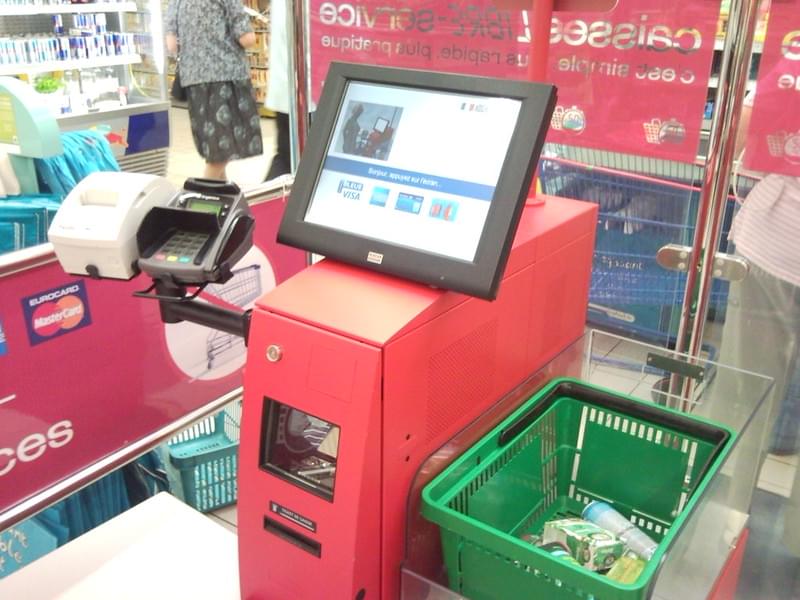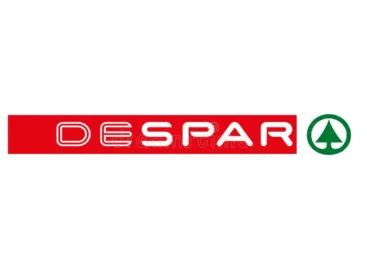New Convenience Store Format Arrives In Italy
A new convenience store format is being rolled out in Italy, offering consumers the possibility of round-the-clock shopping, seven days a week.

The first Slipop store opened its doors on 30 September in Monterotondo, near Rome. The cashierless stores will be located in strategic urban locations, such as large apartment buildings, gyms, and small squares. The outlets will be housed in former newsstands converted to this modern format, or inside large apartment buildings.
Slipop guarantees the availability of high-quality products ranging from food, ready meals, and fresh and zero-kilometre food items to household goods and detergents, offered at prices identical to those of traditional retail channels.
The so-called ‘modern pantries’ are aimed at those who do not have time to shop for groceries, or have just run out of milk or coffee. It is also convenient for those who want a break from work to indulge in a snack without standing in a queue, and the elderly, who do not have the possibility of moving easily around the city. Besides in-person shopping, Slipop also offers newspapers and magazines, and the possibility of picking up groceries through the Supermercato.casa application.
Slipop ensures a secure shopping environment by using video surveillance systems.
Related news
Grana Padano Gets €500m Boost For Cheese Production
🎧 Hallgasd a cikket: Lejátszás Szünet Folytatás Leállítás Nyelv: Auto…
Read more >Amazon reportedly reverses course on drone delivery in Italy
🎧 Hallgasd a cikket: Lejátszás Szünet Folytatás Leállítás Nyelv: Auto…
Read more >Related news
The Hungarian Food Book is 50 years old
🎧 Hallgasd a cikket: Lejátszás Szünet Folytatás Leállítás Nyelv: Auto…
Read more >ZEW: Economic expectations worsened in Germany and the euro area in February
🎧 Hallgasd a cikket: Lejátszás Szünet Folytatás Leállítás Nyelv: Auto…
Read more >NKFH: inspections focus on discount prices and customer deception
🎧 Hallgasd a cikket: Lejátszás Szünet Folytatás Leállítás Nyelv: Auto…
Read more >







